School leavers need to demonstrate international-mindedness and charitability, SME survey reveals
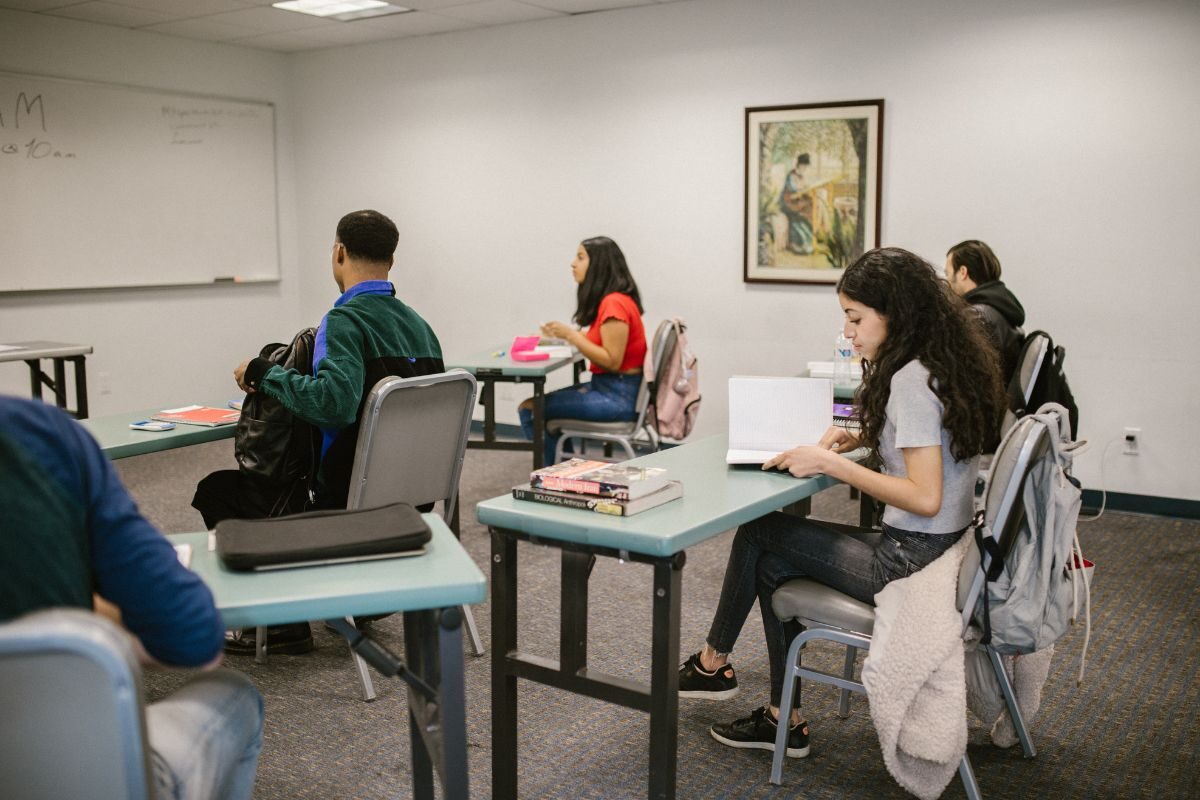
Research findings published in a new report – Education for a World of Opportunity – show that 40 percent of British Small and Medium sized Enterprises (SMEs) believe it is important or very important for entry-level candidates to demonstrate international-mindedness, while 29 percent state that proof of charity work is important during the recruitment process.
International-mindedness
The YouGov poll, conducted on behalf of ACS International Schools and IBSCA, surveyed British Small and Medium Enterprises (SMEs) which, in 2022, accounted for 99 percent of UK businesses*, shows that 40 percent of SMEs are not aware of international-mindedness being taught in schools. Of those who are aware, only 35 percent of SME decision makers associate international mindedness with the teaching of geography or sociology in schools, while fewer make the association with language learning (34 percent) and the celebration or observation of different religious or cultural festivals (30 percent).
Supplementing the YouGov poll, qualitative research was undertaken among representatives from some of the world’s leading companies and organisations, including Amazon, Pepsi Lipton, McKinsey & Company, and more.
Commenting on the importance of global perspectives, Nadia Danhash, Director of Innovation at the Royal College of Art, said:
“Everything is international these days. We can learn so much from colleagues all over the world – be that big or small countries. The better we understand, and the more open minded we are, the more chance of succeeding and coming up with good solutions to everything, whether it’s business or the challenges facing the planet.”
Robert Harrison, Director of Education and Integrated Technology at ACS International Schools, said:
“It has never been easier to connect with colleagues and peers across the world. Fast-paced technological advancements, combined with an ever-changing geopolitical climate, means ensuring students have a sincere appreciation and understanding of the wider world is of the greatest importance. As educators, we need to lead the change to ensure international-mindedness is instilled in learners from an early age. This is one of the key benefits of the International Baccalaureate’s (IB) colourful and eclectic curriculum and why we offer the programmes at each of our campuses in the UK.”
Through local and global settings, IB students connect their learning to real-world experiences, and take action to make a difference in their community, build practical problem solving and critical thinking skills.
Ramiro Prudencio, Global Director of Communications at McKinsey & Co, added:
“The International Baccalaureate forces students to push their learning through a much broader context. That’s probably the thing we most like about the IB programme – it’s not just learning maths or science, it’s understanding maths or science in the context of societal issues and values. Students explore the ethical and social implications, and historical context. It requires deeper understanding of the material, and high levels of discussion and argument in the classroom, learning from peers and working in teams – all these things ideally will set them up for the workplace in the future.”
Richard Markham, Chief Executive of IBSCA UK and Ireland, said:
“The IB curriculum is designed to ensure learners can be better prepared for the 21st century global challenges. It allows students to have an awareness of the world beyond immediate communities. It teaches respect and understanding for other perspectives, cultures, and languages. The YouGov poll data has shown business leaders are searching for compassionate people with an understanding for the wider world – which is exactly what all IB programmes are based on.”
Charitable giving
Alongside international-mindedness, the YouGov poll data revealed that nearly a third (29 percent) of respondents believe charitable work to be important or very important on a young person’s CV.
UK SMEs were also asked to consider whether it is the role of schools, or parents, to develop students into more responsible members of society. While 42 percent of SME decision makers think that schools must focus on teaching subject knowledge, more than a third of future employers believe that charity work, including fundraising activities should be part of every school curriculum.
Gordon Castle, Director, Technical Business Development, Amazon Web Services Sport, said:
“Schools are accountable for nurturing students to become responsible and charitable members of society. If you think about diversity and inclusion and think about our world, we need people who are really engaged in those topics. It also helps with work life balance and helps people feel more confident in applying for positions and reaching for goals. So, I do think that we need to do a lot to encourage kids to get involved with our communities and make stands.”
Harrison said: “It is encouraging to see that employers agree and appreciate the “added value” elements of an IB education that can be found at the core of each programme. Meaningful community-based projects are essential learning components of all IB Programmes. They support both personal and interpersonal development, which foster important social skills. They help students develop perspectives and dispostiions that make them interesting, caring people and valuable employees.”
*according to a report by BEIS and ONS


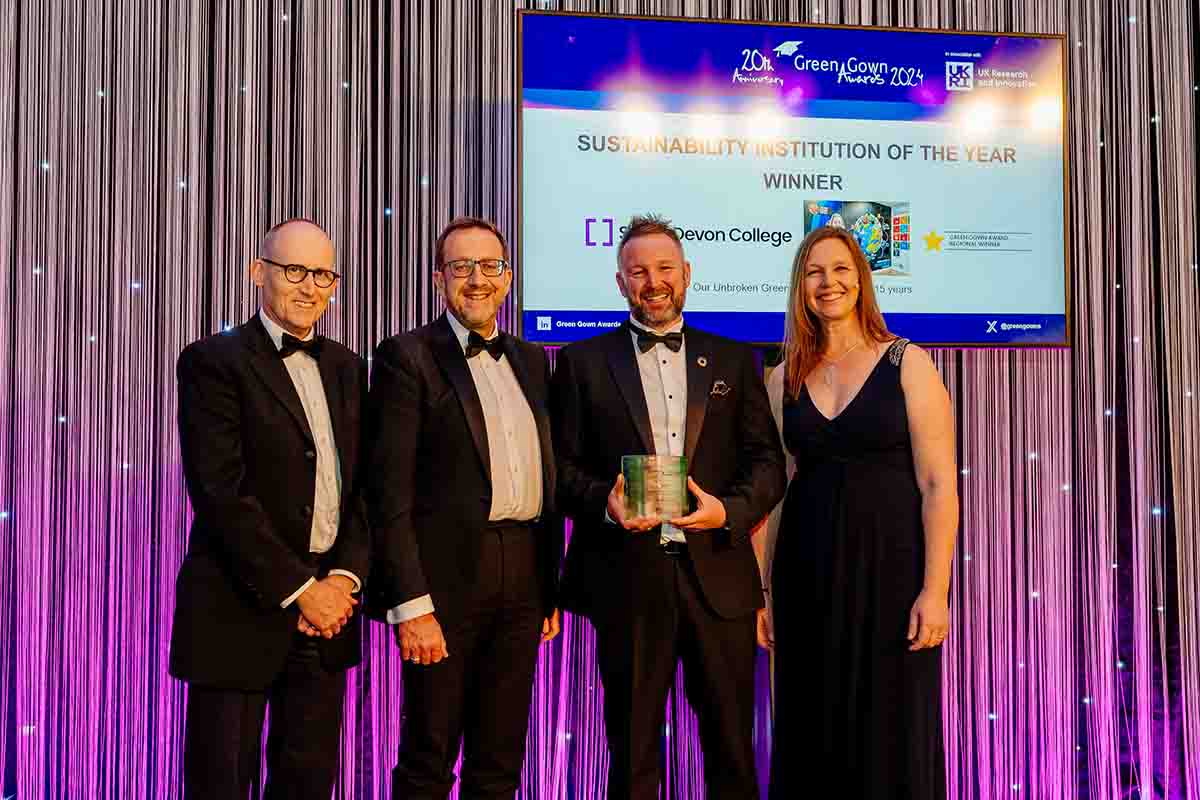




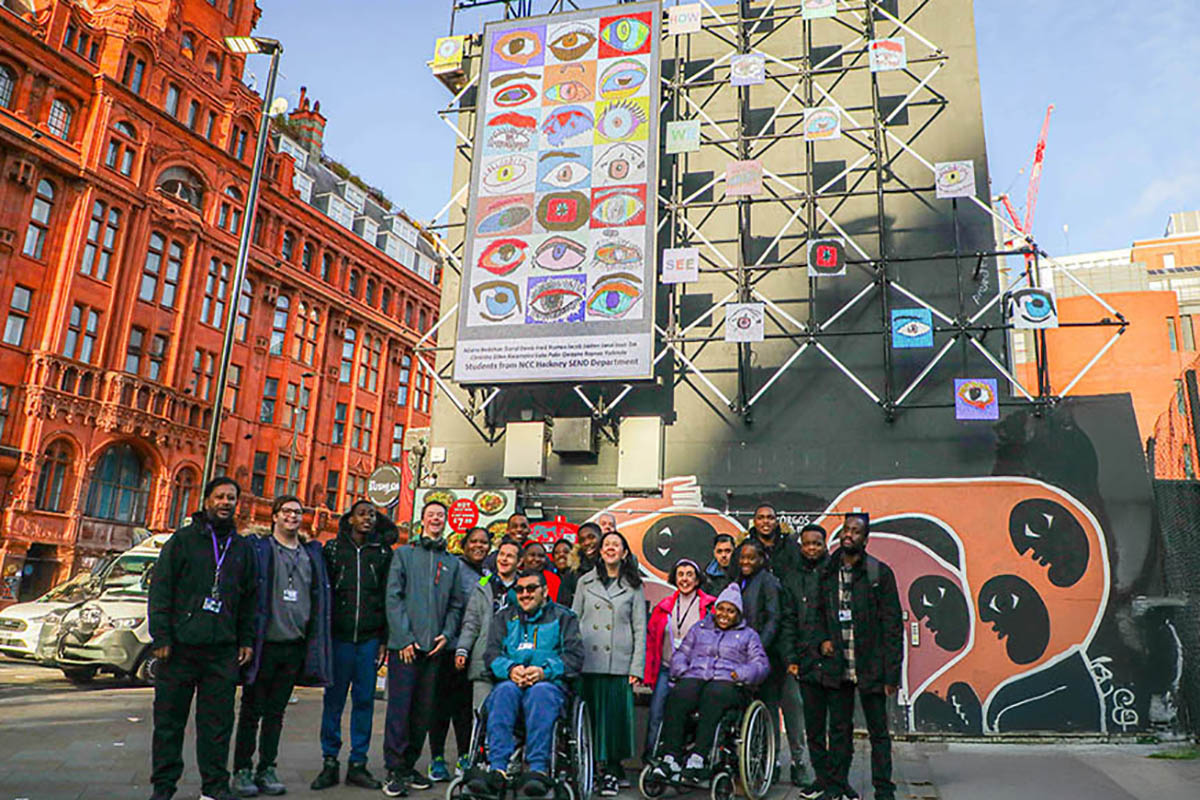
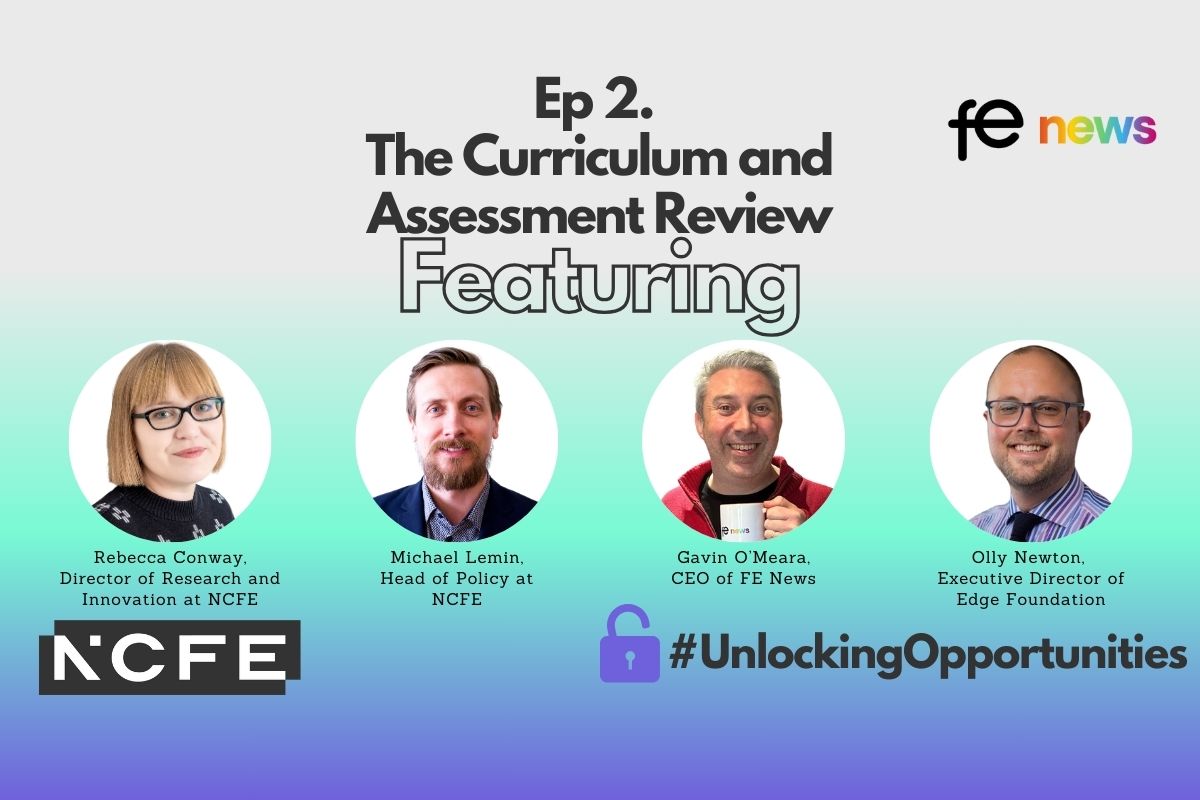

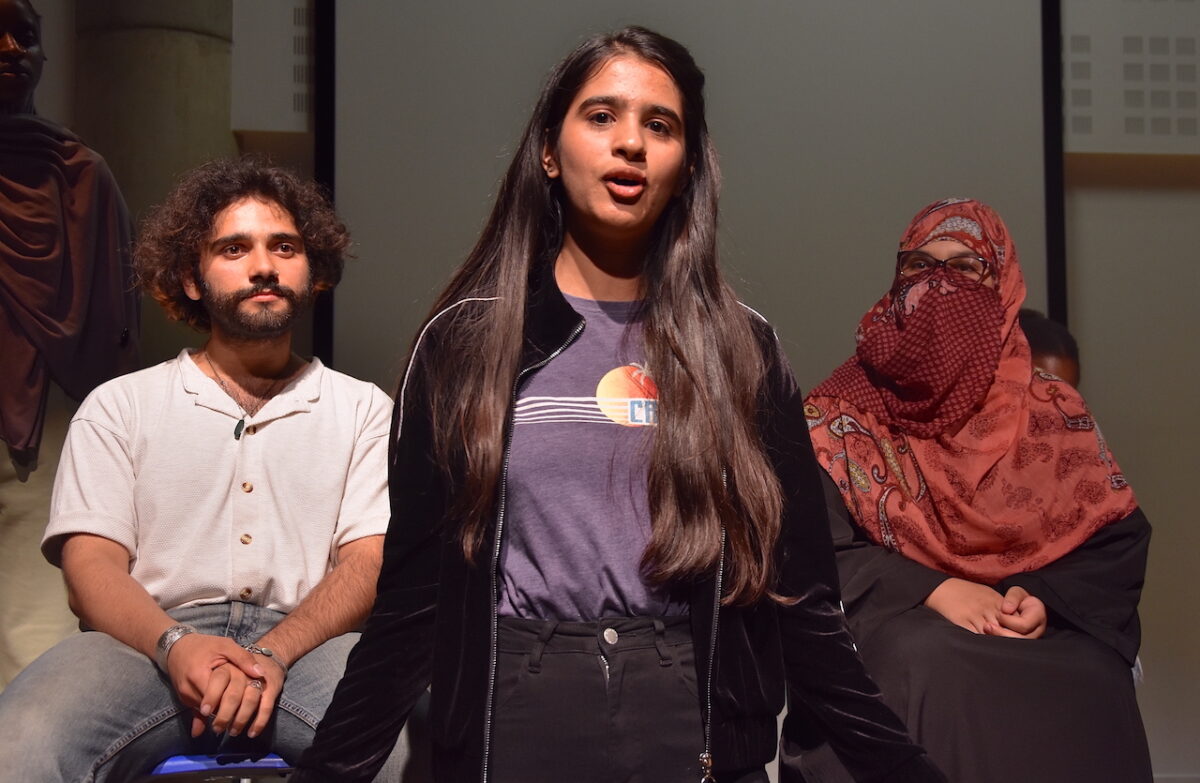
Responses